How soon does a flower replenish its pollen?

Related Discussions
GNATS - How to get rid of them?
Somehow my house and garden got tiny gnats that killed my fuchsia plant and fly everywhere. I have tried ALL the Web recommendations - soap and oil dishes, sand in th... See more
Marigolds growing! Should I pinch the buds?
My marigold plants are growing. I heard that pinching the buds until Autumn will allow them to grow without killing the plant. Is this true?
Growing garlic
Growing our first garlic, should we wait until the leaves are drying out before we pick it? Husband picked first one today along with our first potatoes.
How to keep mice out of your garden?
Hi everyone, I have mice in my garden destroying my vegetables and I have also noticed them in the barn and shed. Please can someone tell me how to prevent them from ... See more
What's the best flower/plant to grow in Texas?
I know that opinions vary, but what's your opinion?!I have great luck w Rosemary plants. Green all year long.
Which annual flowers make a colorful border for my house?
This year I am going to plant a colorful border using annuals. What annuals have you used or do you recommend for a border? The area is full to part sun. I am not ... See more
Is it safe to replant peony?
I've heard it might be tricky. Is it true? What is the best way to that? It's this year's plant. No flowers yet.
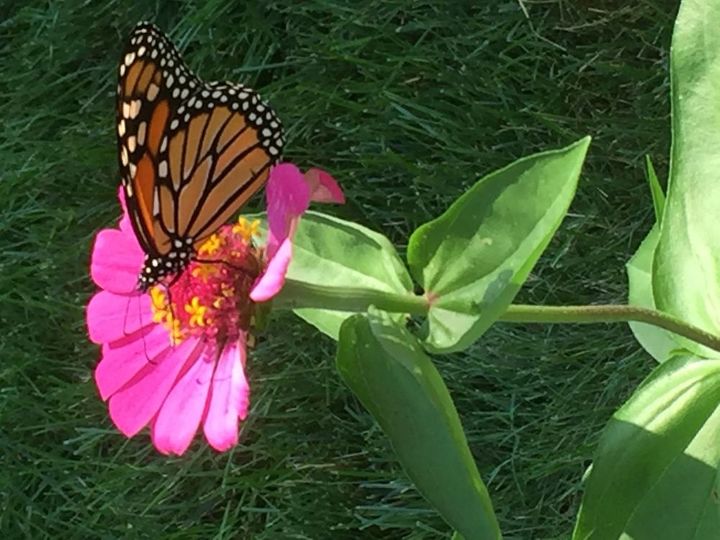
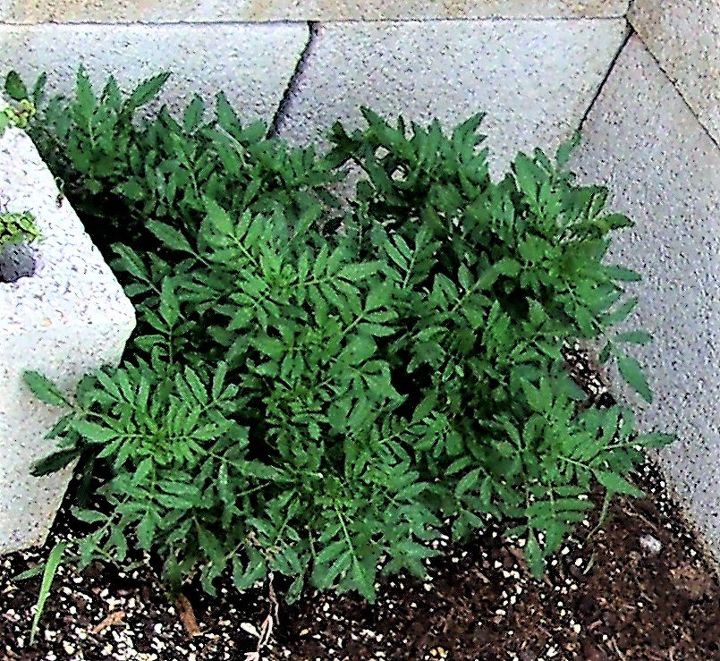
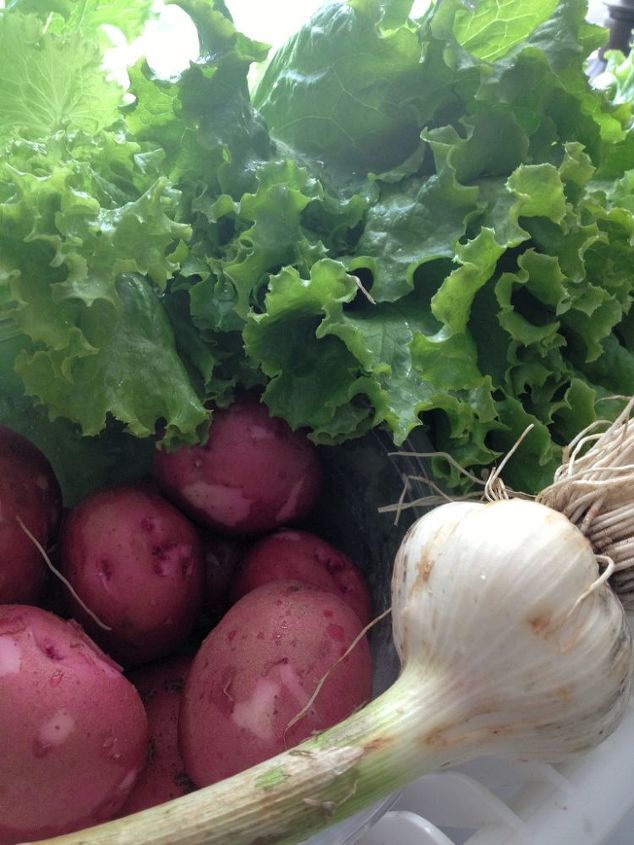

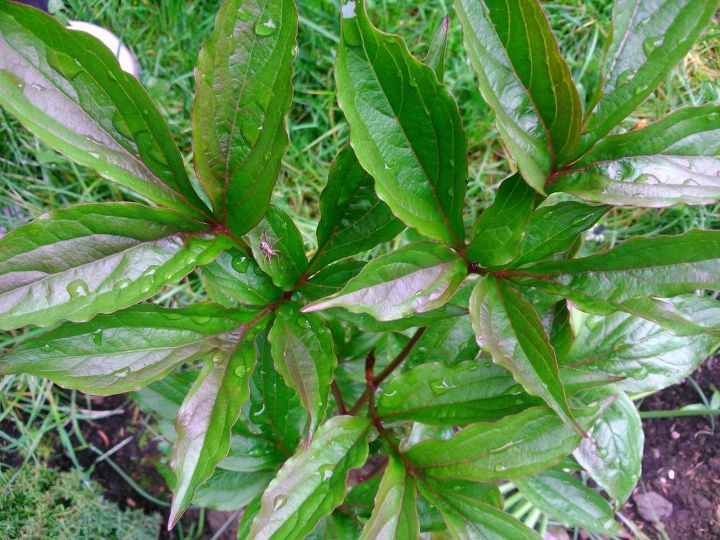
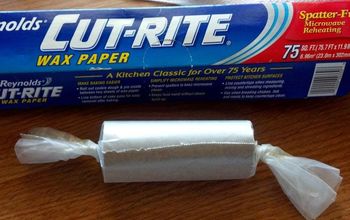
It depends on the plant and whether or not they have or need pollen. I found this interesting discussion. Just click on the link to read it.
https://www.helpfulgardener.com/forum/viewtopic.php?f=8&t=68220
Here's another interesting article to click on:
http://www.seeds.ca/pollination/pollen-and-flowers/pollen
The answer is .... vague. "So the amount of nectar present in the flower depends on how rapidly it is produced and how often it is removed by hummingbirds or bees. When most of the nectar is removed it takes a while for the supply to be replenished. " "Awhile" is probably not the answer you sought, but a few places I checked mentioned 24 hours, a week, a few days, etc. Sorry I cannot be more precise! http://naturerambling.blogspot.com/2014/08/how-do-flowers-make-nectar.html
I believe that nature provides so many pollinators, with bees being one of the most important and common, that it is unlikely your flowers will run out of pollen in your lifetime. Remember you also have all the other insects, such as moths and butterflies that help pollination occur. And although less common, the wind alone can be strong enough to blow the pollen from one flower to another.
A lot of people confuse nectar and pollen. These are two completely different products of a plant and are produced for different reasons. Insects do not "drink" pollen, they drink nectar. NECTAR is produced by some plants to attract pollinating animals (primarily insects). There is no set amount of nectar that is produced or replenished by flowers, it's tremendously variable. Many flowers produce NO nectar, because they don't depend on insects to pollinate them, the pollen blows from one plant to another in the wind. POLLEN is the plant equivilant of sperm - it combines with an ovule in the same or another flower to produce a seed. Pollinating insects help this process by transferring the pollen from one flower to another while they are drinking or gathering nectar, or eating and gathering pollen.
http://kids.britannica.com/students/assembly/view/53831
I don't think I have ever seen a flower form more pollen. Nectar, yes.